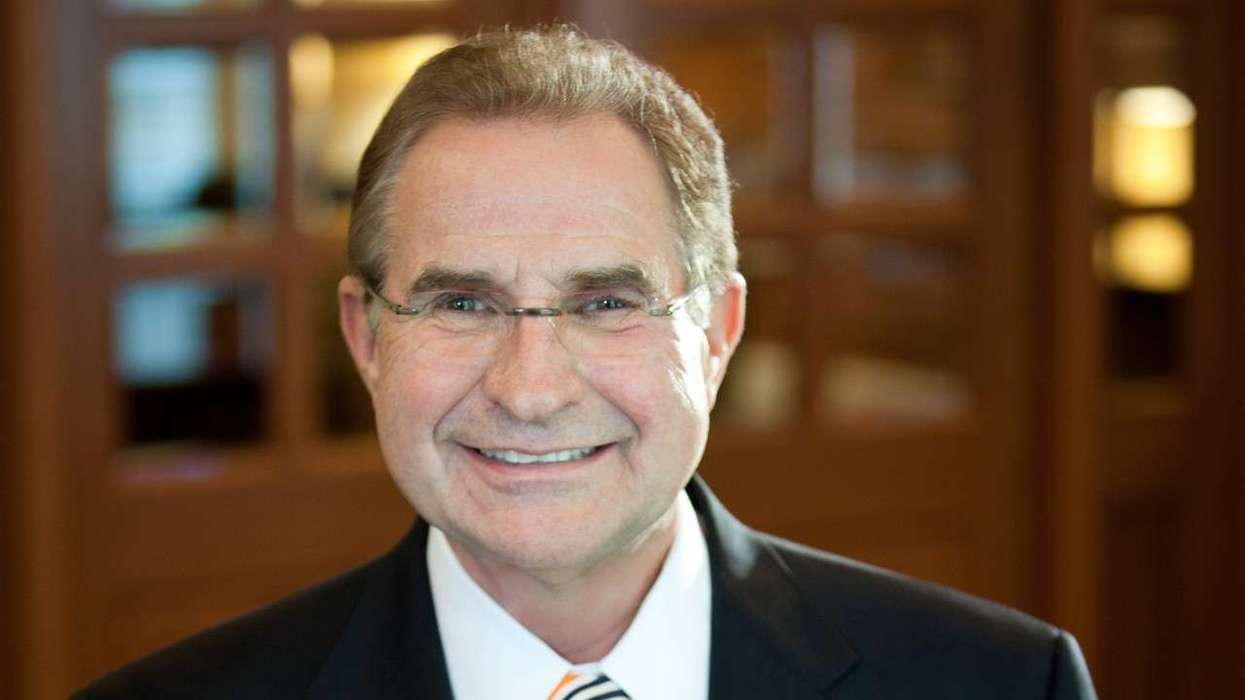PERHAPS THE MOST frightening thing about the COVID-19 pandemic is the fact that information on the virus seems to change from day to day. It’s very hard to make certain plans for a future recovery when one can’t be certain how that will look.
“This is something that we’ve never seen in history. I think my parents have never seen it, I haven’t seen it, my kids haven’t seen it,” said Nancy Patel, a Knights Inn owner in Corpus Christi, Texas. “What’s the future now? Vaccines are not out there. They say the second round is going to come after the summer. When you walk today in public, since March, you only see people wearing masks, social distancing. All of life has changed for us.”
A new survey from travel risk and crisis response provider Global Rescue found that many travelers will be willing to tolerate unappealing restrictions, such as more screening and testing and revealing medical history, in order to travel this summer. That could be good news for Patel, who has seen her usually high March and April revenues plummet.
“The first two weeks of March were good, until around the 12 or the 13,” she said. “I should say as an economy branded hotel, we are doing a lot better than others.”
The question is, how long will people have to stay in and how will it affect the economy?
“Just one month or two months down the road, one month or two more months of this effect can really damage a lot of businesses,” she said. “And will travel and tourism be the same?”
Patel foresees international travel to the U.S. to remain slow for some time, but domestic travel between states may pick up.
“They will travel, and for us, Corpus Christi is a driving distance from San Antonio, Houston, you name it,” she said. “We’re hopefully going to see a surge, too, when everyone gets back to normal, but what is normal? Are we going to still social distance in normalcy? Will we have to continue to wear masks, maybe? Will that become mandatory? We just don’t know.”
Regaining the summer
In a previous survey from Global Rescue earlier in the crisis in February, respondents said at that time that coronavirus was only one fear they had about traveling. After more than a month of travel and activity restriction, the more recent survey found people are ready to travel, even under less than ideal circumstances.
“Many travelers are planning to hit the road again this summer and they are willing to share personal medical history and travel plans to help keep themselves and those around them safe,” said Dan Richards, CEO of Global Rescue.
As Patel predicted, most of the survey respondents, two-to-one, said they would travel domestically rather than internationally. Also, nearly 75 percent of initial trips will be family vacations, leisure trips to visit friends, or destination getaways. Fewer than 10 percent would be for business only while 15 percent report their initial travel plans will be for both business and pleasure.
The survey’s other findings include:
- 91 percent are willing to subject themselves to screening and testing
- 73 percent are willing to disclose medical conditions related to a compromised immune system
- 93 percent are willing to share their past 14-day travel history
- 58 percent are willing to have their physical location tracked and traced with data temporarily retained
The survey also showed most travelers expected to begin making future trips again no later than early fall.
- 77 percent are expecting to make a trip by the end of October
- 41 percent expect to make their next trip by July or earlier
- 36 percent are planning their initial trip sometime between August and October
- Less than 9 percent believe their earliest post-pandemic trip will be during the holiday months of November and December
- Less than 7 percent expect to make their first trip sometime between January and March 2021
- 7 percent predict their next trip won’t be until sometime after April 2021
On the bright side
Apart from visions of the future, Patel also has discovered another positive to the pandemic and subsequent “stay-at-home” orders.
“It put us in a perspective where everybody had a life. They were busy, content, but at the same time wanting time to do things,” she said. “I guess God put us all in one place and said ‘OK, enjoy your family, do what you wanted to do that you couldn’t do.’”





